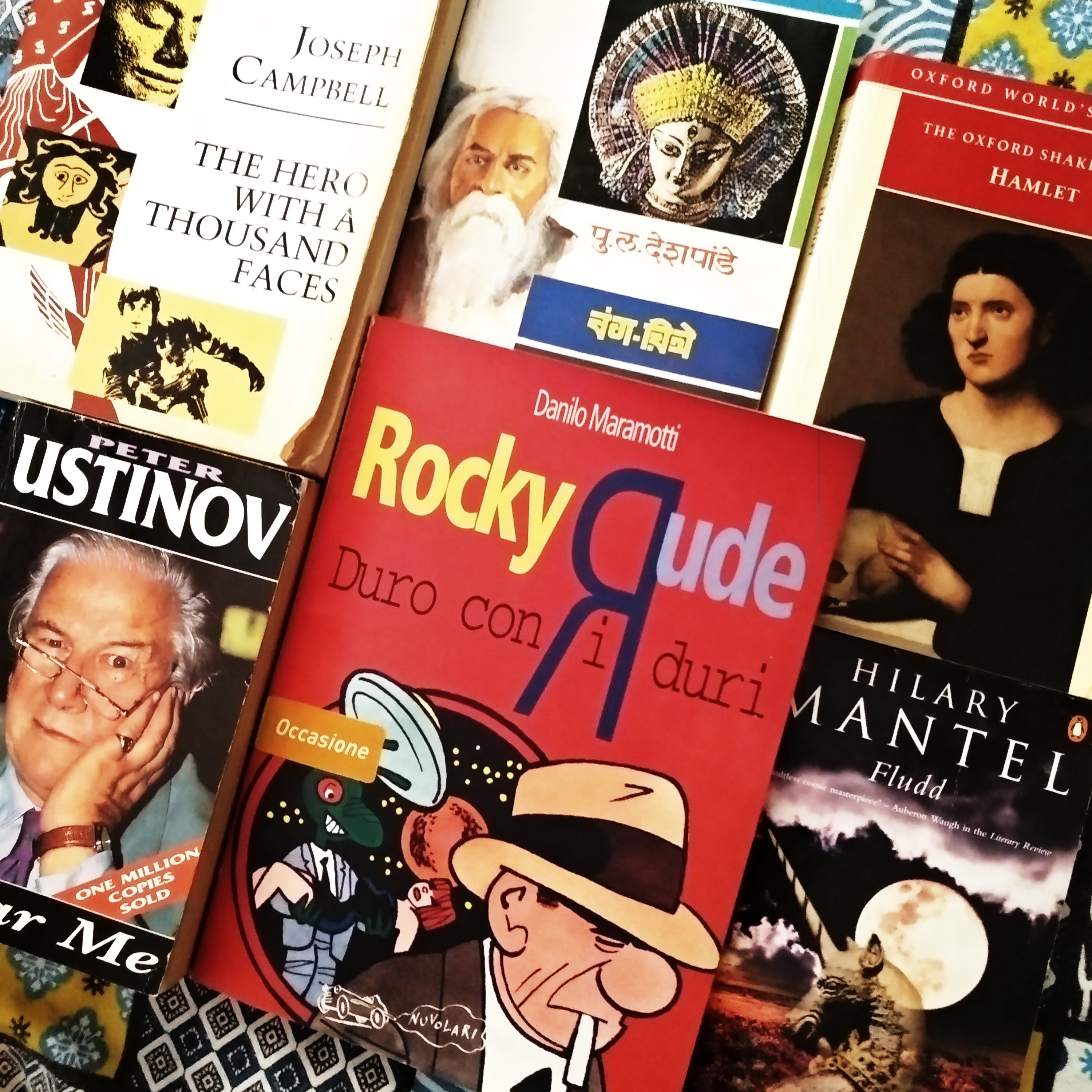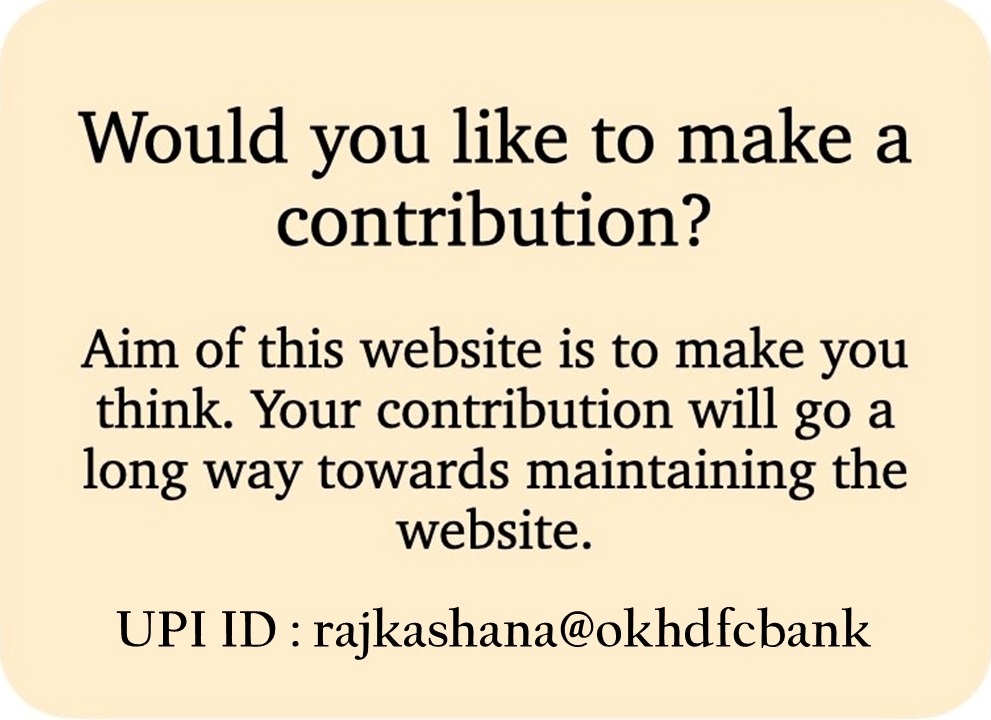Let us talk about books. I have bought, borrowed and stolen books. Okay, I have never stolen a physical book from anyone though I would have, say a hundred years back. Imagine it’s 1890, Arthur Conan Doyle’s The Sign of Four has just come out and the only copy in the village belongs to some royalty. Tonight, I am breaking into the palace, knock the guards unconscious and steal it. THIS IS SPARTA!!!
What I mean by stolen books is that I have read many books that have been copied illegally. This is not that unusual in a country like India. When I was studying for my Masters in Physics, one of the prescribed books was Fundamentals of Statistical and Thermal Physics by F Reif. Only three copies existed in the university, one belonged to the professor and two in the library. So what the sixty students in the class did was to borrow the library copies, photocopy and bind them and use them. Cheap photocopy shops did this regularly and still do at many places where expensive books are not readily available.
Now that I don’t have to buy such expensive books for studying and I also understand the necessity of supporting authors, I don’t read illegal books anymore. It is my strong belief that most people would not go for pirated stuff if the original was available easily at fair price. For instance, for the past five years or so I have been searching for the movie Nixon directed by Oliver Stone. It has vanished from all outlets like the second book of Aristotle’s Poetics. No one is even pirating it. The only option available is to buy the DVD. I refuse to do this for two reasons. First, the price is highly unreasonable but more importantly, I refuse to pay anything for a storage medium that is as pathetic as a DVD.
We are in 2018, people. Everyone knows from painful experience that DVDs are fragile, break often, the drives make too much noise, heat up and fail or the DVDs get stuck and the movies freeze (and make that annoying sound of DVD spinning and trying to get unstuck). To top it all, used DVD’s are a recycling nightmare. Why in the name of Zaphod Beeblebrox are we still using this absolutely horrible storage device? Why can’t the movie companies convert the movie in any of the zillion formats available and just provide a download link? Zero packaging or shipping cost and no loss of quality.
I stopped buying physical books post Kindle. Yes, I sympathize with bookstores closing all over. Like everyone else, I also have happy memories of my favorite bookstores that no longer exist but times are a-changin’. I am sure many people found horse carriages romantic but would you rather ride them everyday to work? People always resist new technology and trends. In George Eliot’s Middlemarch, published in 1871-72, first railway tracks are being laid down through the town of Middlemarch and the general opinion about railways is along these lines (pun unintended) :
Women both old and young regarded travelling by steam as presumptuous and dangerous, and argued against it by saying that nothing should induce them to get into a railway carriage.
Back to books. Most bibliophiles have this problem. We buy books but don’t read them. The Japanese even have a beautiful word for people like us :
Tsundoku : buying books and not reading them; letting books pile up unread on shelves (or in Kindle).
I had enough of this so I set a rule for myself. Whenever I see a new interesting book, I ask myself : Am I going to read this immediately? If the answer is yes, I buy it immediately AND READ IT! If not, I add it to Amazon wish list. When you add books to Amazon wish list, the prices keep dropping. For instance, the price of Don Winslow’s The Force has dropped by 48% since I added it to the list. The price drop is just the icing on the cake. What’s great about wish list is it removes the guilt that one would have if one had bought the book and not read it. By the way, a second rule I have set is : Finish ALL the books that I have before buying a new one.
I am always inspired by bibliophiles but recently I came across a story of the ultimate bibliophile. The Indian freedom fighter Bhagat Singh loved to devour books. After he was arrested and ordered to be hanged, he continued his reading in jail. His final moments before execution were just as dramatic.
“Pran Mehta, Bhagat Singh’s lawyer was allowed to meet him on March 23, 1931, just a few hours before the hanging. Bhagat Singh was then pacing up and down in the condemned-cell like a lion in a cage. He welcomed Mehta with a broad smile and asked him whether he had brought him Vladimir Lenin’s book, “State and Revolution”. As soon as he was handed the book, Bhagat Singh began reading it as if he was conscious that he did not have much time left. Soon after Mehta’s departure, Bhagat Singh was told that the time of hanging had been advanced by 11 hours. By then, he had finished only a few pages of the book.
Manmathnath Gupta, a close associate of Bhagat Singh, writes about those moments, “When called upon to mount the scaffold, Bhagat Singh was reading a book by Lenin or on Lenin, he continued his reading and said, ‘Wait a while. A revolutionary is talking to another revolutionary.’ There was something in his voice which made the executioners pause. Bhagat Singh continued to read. After a few moments, he flung the book towards ceiling and said, “Let us go.””



